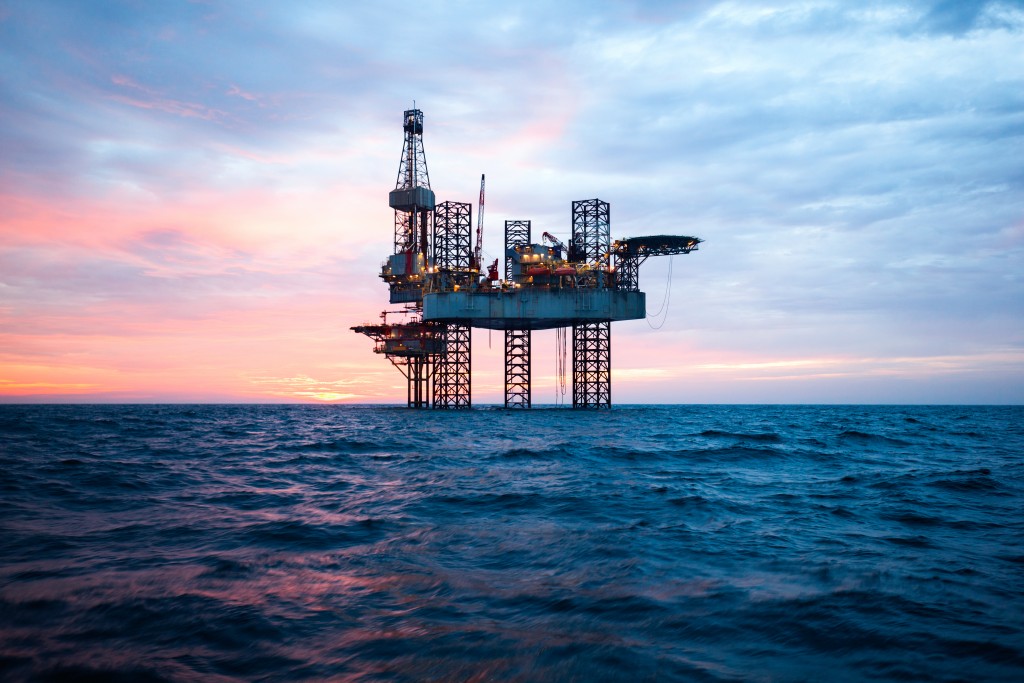When oil, gas, or mining companies find new land or water accesses, some of them do so at the expense of indigenous or poor communities. They invade their homes and force them to vacate, ridding them of resources. What they don’t realize is for these people, their lands are their lifelines.
For these reasons, oil, gas, and mining companies attract controversy or spark an outcry for the liberation of the people and lands they’ve affected. Indeed, when companies start to claim land for their production, that land’s inhabitants are left with no say. It doesn’t take a wise person to recognize that such act is oppressive.
In other cases, third-world countries would start producing oil, earn vast amounts of wealth, only to fall back down again. Such was Ghana’s case in 2007. They were foreseen to produce 120,000 barrels of oil by 2010 and to accumulate nearly $400 million in earnings in the first year alone.
But five years later, Ghana’s electric power remained inferior, and its citizens didn’t benefit much from their oil production either.
These unfortunate events caused by oil, gas, and mining companies are nothing new. But thankfully, these companies can reverse their undesirable effects, and prove helpful to poor or indigenous communities.
Companies’ Public Commitments to the Affected Communities
Oxfam, a confederation of independent charitable organizations, launched a report reviewing the public commitments of 38 oil, gas, and mining companies. The report highlighted the following:
Free, Prior, and Informed Consent (FPIC)
The Oxfam report focused on free, prior, and informed consent (FPIC). It is the “gold” standard that defines the rights of indigenous people to be informed ahead of time about the projects that may affect their lands. No coercion or manipulation should occur, and the people must be given the right to approve or reject a project before its commencement.
FPIC is established as a right under the international law, and thus, Oxfam recommends oil, gas, and mining companies to develop policies in accordance with this law. In their report, they found that 14 companies now have public commitments to FPIC, a significant increase from 2012. We could owe this favorable development to the growing recognition of indigenous people’s collective rights and right to self-determination. Civil society and project-affected communities must now ensure that the companies stick to their commitments, and hold them accountable if they don’t.
Oil and Gas Companies are Lagging Behind Mining Companies
None of the 17 oil and gas companies in the Oxfam report has publicly committed to the FPIC. However, they asserted that their policies align with the FPIC. Still, this is unacceptable. A public FPIC commitment promotes corporate social responsibility and respect for human rights. Moreover, it enables communities to hold roles in controlling their resources.
Therefore, to become the best oil and gas company to invest in, disclose your policies in the public domain. It will exhibit transparency, which encourages indigenous communities to place their trust in you.
Women Need Have Roles in Decision-making
The gender analysis aspect of the report found the negative impacts of extractive industries hurt women more. They are often excluded from decision-making processes. That said, Oxfam encourages companies to develop gender-neutral commitments and to respect the rights of both women and men. People’s gender shouldn’t define their level of participation in consultation, negotiation, and decision-making processes.
Turning Oil into Cash

Todd Moss, COO of the Center for Global Development, authored a book entitled “Oil to Cash: Fighting the Resource Curse Through Cash Transfers. Award-winning journalist Caroline Lambert, and candidate in Public Policy at Harvard’s Kennedy School of Government Stephanie Majerowicz, Ph.D., co-authored the book as well.
The Oil-to-Cash idea is that the significant portion of natural resource revenue should go straight to the citizens, instead of the treasury. The citizens must receive this portion in the form of regular cash dividends. Simply put, oil, gas, and mining companies must directly pay the people they affect, fairly and with open and transparent policies.
The cash dividends will benefit every citizen. It would encourage them to pay more attention to what their governments are doing with the money they obtain from natural resource contracts. In addition, the dividends may lay the foundation for building a tax base.
A tax base is basically taxation. Resource-rich, third-world countries without a tax base usually have poor services, because they collect taxes from oil companies rather than their citizens. The oil-to-cash idea hopes to rebuild that, because when citizens pay taxes, they can expect better public services, from healthcare to education.
Extractive industries may still have a long to go before improving the welfare of impoverished communities, but amending or publicizing their policies will be a start. In the era where awareness about unethical work practices is growing, no company has an excuse to act deaf to the public’s demands.

